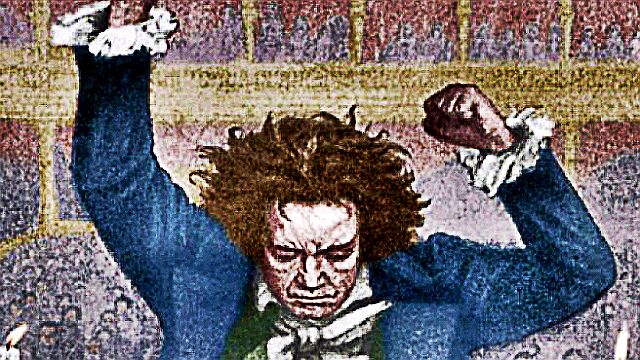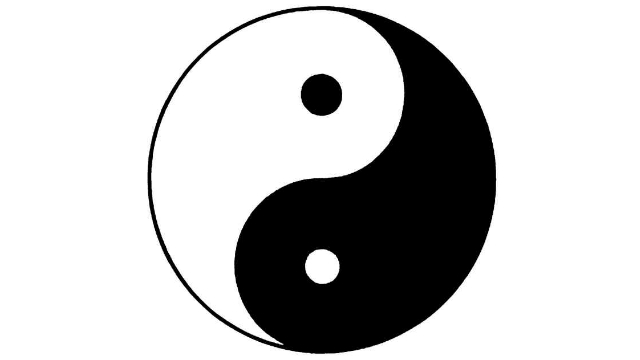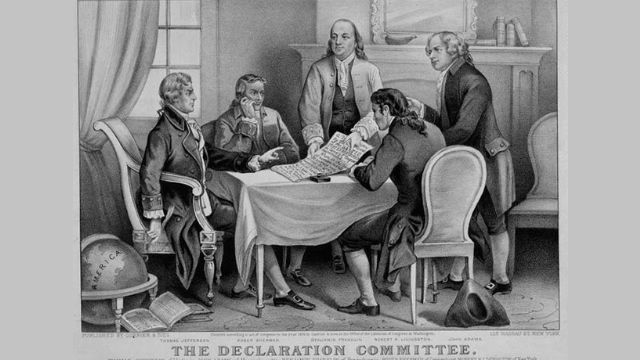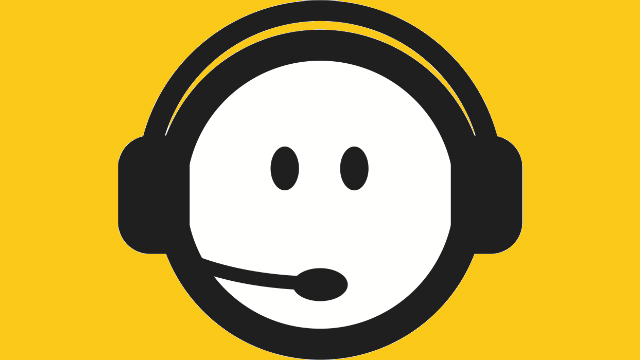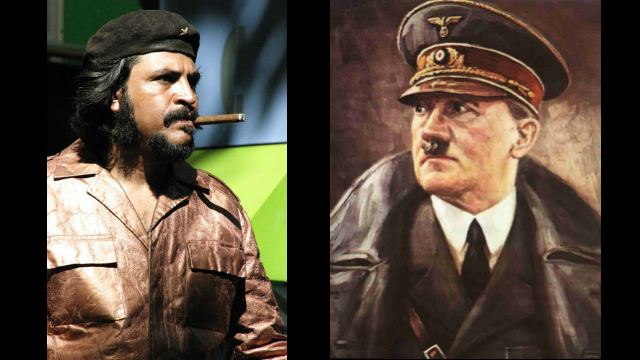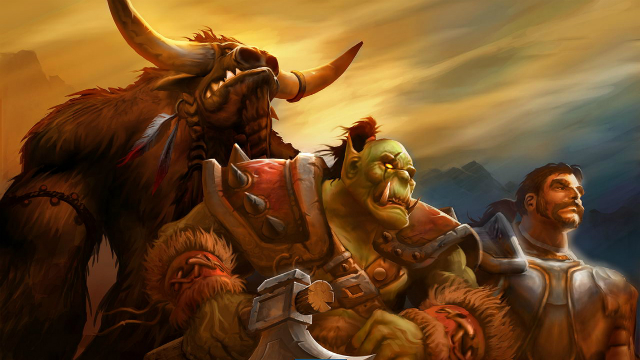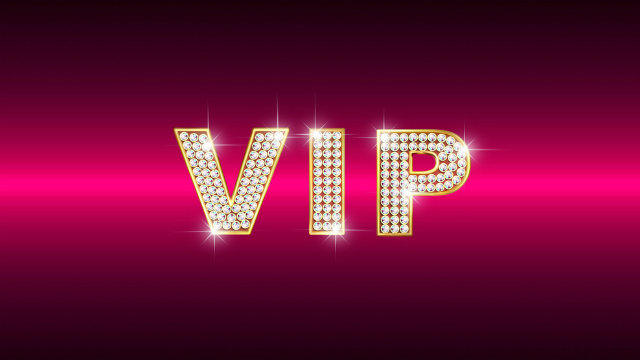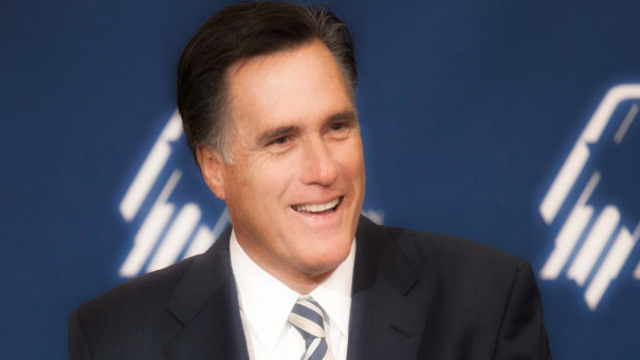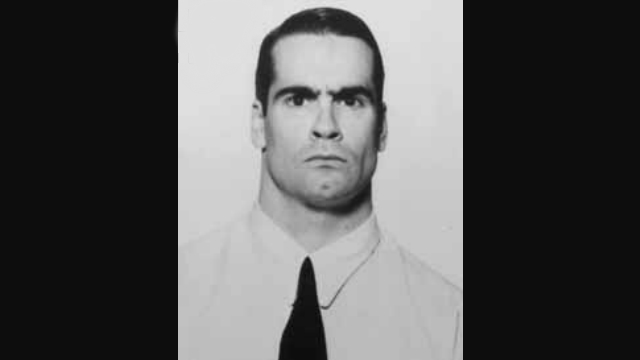Jason Gots
Editor/Creative Producer, Big Think
Jason Gots is a New York-based writer, editor, and podcast producer. For Big Think, he writes (and sometimes illustrates) the blog "Overthinking Everything with Jason Gots" and is the creator and host of the "Think Again" podcast. In previous lives, Jason worked at Random House Children's Books, taught reading and writing to middle schoolers and community college students, co-founded a theatre company (Rorschach, in Washington, D.C.), and wrote roughly two dozen picture books for kids learning English in Seoul, South Korea. He is also the proud father of an incredibly talkative and crafty little kid.
We know very little for certain about how TV or iphones affect people at any age, for better or worse. But there’s reason to be skeptical about new products designed to make us and our children smarter.
If you run into violinist Joshua Bell at a cocktail party, don’t tell him you find classical music ‘relaxing.’ “Beethoven’s symphonies are not relaxing,” says Bell, who at 45 is […]
Peter Brook’s The Suit, in residence at the Brooklyn Academy of Music, is another reminder from the master director that theater is more capable than any other art form of inducing empathy.
Physicist Lawrence Krauss finds creation stories depressing – not because they’re implausible, but because they extinguish curiosity and limit human agency.
If errors are inevitable in the pursuit of anything worthwhile, then our most important decisions are inevitably made in their aftermath.
As neuroscience, cognitive science, computer programming, and artificial intelligence progress, we’re understanding better and better how we learn.
Mark Ruffalo’s energy campaign offers a powerful model here – one that leverages cultural power, scientific knowledge, and bottom-line economic reasoning to address the kinds of complex, 21st century problems it takes collective intelligence to solve.
John Seely Brown argues that foregrounding the Humanities is our only hope of sustaining innovation in the United States.
Socialfish founder Maddie Grant argues that social media represents a paradigm shift not only in popular culture, but in the fundamental relationship between businesses and consumers, and, as a result, in organizational best practice.
From an evolutionary standpoint, which traits are most adaptive to a historical moment in which old certainties have vanished and anything is possible? According to Seely Brown, they include bravery, creativity, and a sense of play.
In John Maeda’s experience as an artist–turned–President of the Rhode Island School of Design, the ideal leader falls somewhere in between Lao Tzu and Father Knows Best.
Business journalism powerhouse Leigh Gallagher has some tough advice for her own, younger self: Be more aggressive. Pay attention to your career, not just your to-do list. And ask for what you want.
Daniel Kahneman makes an important point, one rarely addressed so directly in academic circles – that the ego-clashes we tend to excuse among high-achievers are dangerously counterproductive when it comes to advancing human knowledge. He proposes adversarial collaboration as one alternative.
Focusing on what the materials have to teach us is a staple of design thinking, and a powerful mindset for anyone seeking to create anything with structural integrity.
Jaron Lanier: if we don’t learn to acknowledge that real people are actually creating the value online, we’re never going to learn how to create the information economy that can really create employment and self-determination.
New businesses in Silicon Valley and Alley have tremendous power over what it will mean to be human in the coming decades. And with great power comes great responsibility. We hear often that the world is changing fast – we talk less about what we’d like it to change into.
Edward Burger is a professor of mathematics at Williams College and an educational and business consultant. His forthcoming book, The 5 Elements of Effective Thinking (coauthored with Michael Starbird) presents […]
▸
13 min
—
with
The lesson of Toyota, which rippled throughout the auto industry, was that treating workers as collaborators is good not only for their self esteem, but for the financial health of the business. The service economy is just starting to learn it.
Businesses are getting smarter about pensions – learning how to maximize returns on their investment and make good on their promises to workers. This translates into greater employee loyalty, more competitive hiring, and a more stable corporate infrastructure.
If we accept Bruce Bueno de Mesquita’s claim that remaining in power is the primary motivation of our leaders, then the political structure of a nation is the single most important determinant of how responsive its leaders will be to its people’s needs.
Learning guru John Seely Brown is not being even slightly ironic when he says that he’d hire an expert player of World of Warcraft (the massive multiplayer online fantasy videogame) over an MBA from Harvard.
Writer Alain De Botton believes that status anxiety is more pernicious and destructive than most of us can imagine, and recommends getting out of the status-as-self-worth game altogether.
In some crucial areas of human cognition, we don’t know and we can’t fully trust ourselves. On the bright side, Daniel Kahneman’s work shows that the kinds of errors we tend to make are extremely predictable.
The redoubtable fashion critic Simon Doonan, author of Gay Men Don’t Get Fat,observes that a unique appearance is a political liability in the United States. Mitt Romney, he observes, is “so handsome that he runs the risk of looking too “plastic…like a TV anchor.”
So you want to be Henry Rollins, kid? Bad news. The job’s already taken. The good news is that following Henry’s three golden rules gives you strong odds of success on your own, unique path as an artist/entrepreneur – the one that only you can carve out.
Here’s how not to put yourself on an exercise regimen: by making a firm resolution, gritting your teeth each day through a 45 minute workout, then grimly enduring a salad.
The London-based School of Life’s Bibliotherapy program has a growing fan-base among Londoners who appreciate its relatively low-cost, non-medicalized approach to the anxieties that are characteristic of modern life.
Ideas Gone Wild is a new Big Think blog dedicated to your boldest, bravest ideas. Each week, on Wednesday, we’ll solicit contributions through Facebook on a specific topic. . . .
So deeply rooted, says Tom Doctoroff, is the Western belief in individual freedom, that it is nearly impossible for us to accept the fact that in Chinese culture, the individual does not exist outside of her network of familial and communal obligations.
The documentary Ai Weiwei: Never Sorry is the portrait of a man fighting a one-man war of ideas with the Chinese government, daily putting his own life at risk for the sake of the country he loves.

